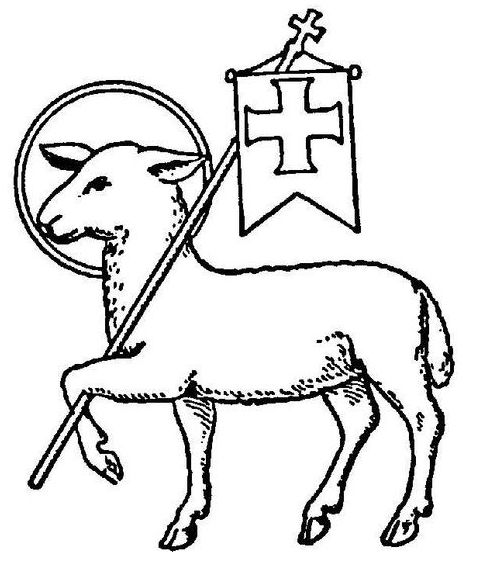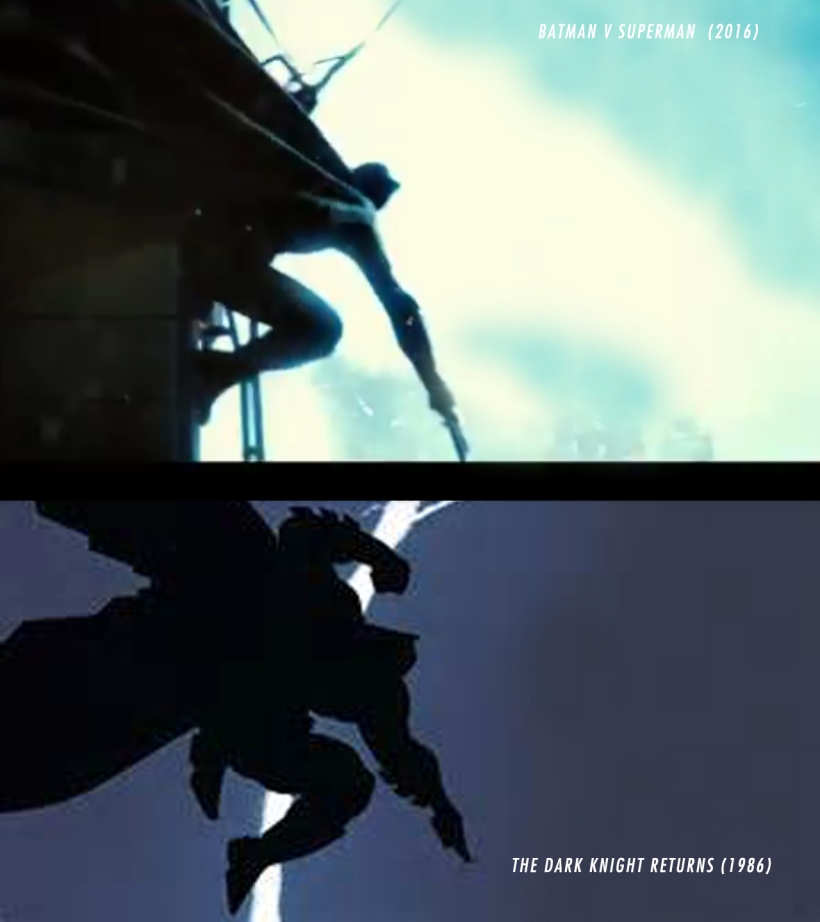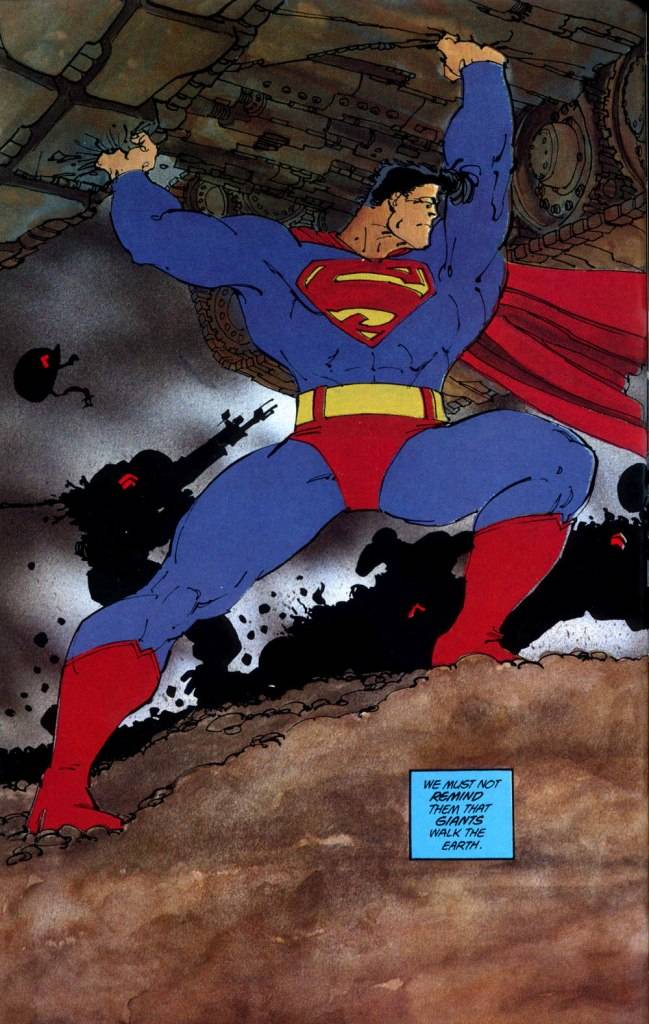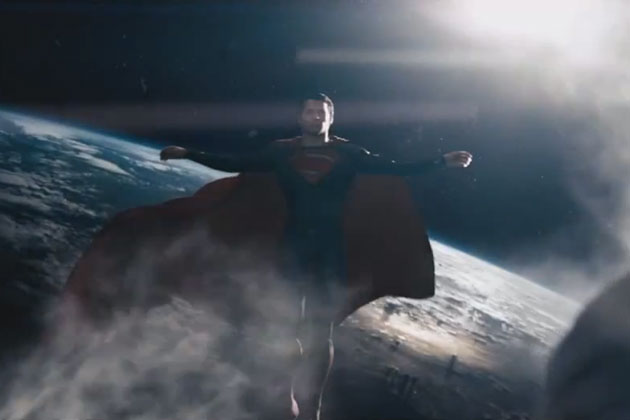
“Beware that, when fighting monsters, you yourself do not become a monster… for when you gaze long into the abyss. The abyss gazes also into you.”
-Friedrich Wilhelm Nietzsche
In the previous post we looked at this newest version of Superman, in which he has become a product of our modern secular age. We are haunted by transcendence. Our world has been flattened, disenchanted. He is conflicted, as are we, about what the right thing to do is because we ourselves have thrown off the transcendent grounds to which “the good” is grounded. The “good” is a conversation, not transcendental truths in which we are aimed. It should come as no surprise this is how Superman would be portrayed in the modern age. No identity and conflicted about what is “good” and whether or not its worth it to do good.
Towards a New Batman
As we move to look at this newest inception of Batman, I want to say how much I enjoy this version Ben Affleck is portraying. He is as close to a comic book adaptation as we have ever seen, and he is far and away the best part of the film. I wish the studio would have opted to do a solo Batman film prior to this one. They could have explored the depth and complexity of this Batman, this would have given Batman V Superman much more grip emotionally for the critics and audiences.
What is obvious is the source material for this Dark Knight is essentially right off the pages of Frank Miller’s ‘The Dark Knight Returns’. Even Jeremy Iron’s ‘Alfred’ had some lines that were word for word from a panel in DKR.
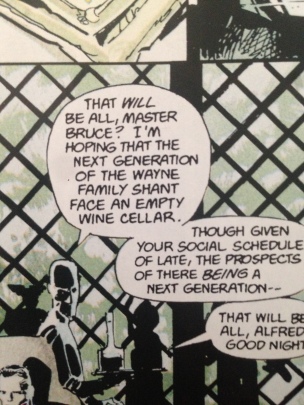
The differences are the worlds in which these Batmen, so to speak, are placed and exist in. Affleck’s Batman is essentially thrown into the world started by Man of Steel, and he is blinded by his rage and is going to kill Superman because of the possible future threat he could pose to the world. Miller’s Batman is even older than Snyder’s version, and is very close with Superman since they worked together for years. Superman, in the Dark Knight Returns, is essentially a government pawn who does the bidding of politicians who have outlawed superheroes all together outside of Superman. Gotham is getting worse and worse with crime getting more violent, Batman returns to bring justice back to the city against the will of the Gotham City police and United States government. Their are significant similarities between the two versions of Batman, but also significant differences remain since they are telling different stories.
An Identity Rooted in Death & Suffering
In Batman V Superman, we meet a Bruce Wayne who is broken. He has lost nearly every one he has gotten close to and loved, and is weary from his time wearing the cowl. The introduction of Batman in this movie is a frightening one. You get the sense that people are terrified of the Dark Knight, as the women who he rescued from sex trafficking refuse to leave their cell because of how scared they are of “it”. The opening scene of the movie is the funeral of Wayne’s parents, and subsequently a scene of his parents death. We get the sense that Bruce still finds himself trapped at the scene of his parents death. He has, whether intentionally or unintentionally, rooted his identity in death. His identity as Batman is grounded in the death of his parents, every time he stops a crime or fights a criminal, he is essentially chasing an echo which emanates from the moment his identity was formed.
It is not only his parents death Bruce seems to be haunted by, but the death and corruption of the good guys around him. He remarks to Alfred “20 years in Gotham, how many good guys are left? How many stayed that way?” He is beaten down, cynical and is in constant agony over what has happened to him and those around him. All of this pushes him towards his complete lack of trust in Superman (not to mention the destruction that happened because of the events in Man of Steel), and why he feels the need to kill Superman before its too late and Superman turns on the world. He has rooted his whole identity in suffering and death, this is what defines not only Bruce Wayne, but Batman as well.
The Will to Power

Toward the latter portion of the movie when we find our heroes duking it out, Batman remarks to Superman:
“I bet your parents taught you that you mean something, that you’re here for a reason, my parents taught me different lesson: dying in the gutter for no reason at all. They taught me the world only makes sense if you force it to.”
Here we see what Bruce has come to believe about the world and existence. We find the post-modern understanding of the existence of being as “primordial and inevitable violence” (Hart, 2003, p. 5). Suffering is random, and life only makes sense if you force it to. Life for Nietzsche:
“Here we must beware of superficiality and get to the bottom of the matter, resisting all sentimental weakness: life itself is essentially appropriation, injury, overpowering of what is alien and weaker; suppression, hardness, imposition of one’s own forms, incorporation and at least, at its mildest, exploitation…not from any morality or immorality but because it is living and because life simply is will to power.” (Nietzsche, 1886, p 203)
We find this narrative to be exemplified by this inception of Batman.

Moving from this view of life, we also see this Batman participating in gruesome violence. We view him actually killing criminals, how many is not certain. While this is not a big departure from the character since other inceptions of the Dark Knight have killed (yes even Bale’s Batman killed), it is startling and really sets the tone for this version. They attempted to show the change Batman incurs from (SPOILERS) the death of Superman, and he seems to be turning back towards the character we have known historically who is principled and does everything in his abilities not to kill senselessly.
Some Final Thoughts
What interests me with superhero/comic book movies is how much these heroes represent our cultural times. Whether that’s our confusion about moral truth, and if its binding on all humanity, or if life is essentially the will to power;
While Superman can be seen as the exemplar of the modern societies moral and spiritual dilemma, Batman represents the post-modern rejection of even the confusion about these things. Life is appropriation and at the bottom primordial and inevitable violence. Life only makes sense if you force it to, you are not here for a purpose. Life is summed up by dying in a gutter for no reason at all. Batman has gotten to this place from his identity being shaped and rooted in the death of his parents and those close to him; participating in liturgies of violence which only further form and shape the kind of “hero” he has become.
Works Cited:
Hart, David Bentley; 2003, The Beauty of the Infinite
Nietzsche, Fredrich; 1886, Beyond Good and Evil
